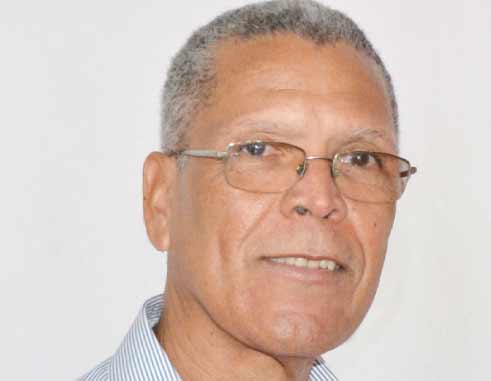
LAST week, we ended wondering what happens when a government fails, the attendant question of course being how that should reflect on those whom we had elected for its management.
As we examine government’s performance, we should firstly note that we are speaking about recognizable failure. So, we know that health care delivery requires significant improvement, that our infrastructure is crumbling and requires attention, that both our security services and our judiciary are overstretched, and that the social services provided to our vulnerable are woefully inadequate. Then, we have that fiscal deficit and our growing debt problem.
But as we continue with this discussion, we should also point out that we have yet to hear any argument to suggest why government cannot or should not be run as a business. The best on offer is that government has to have a social conscience and that it must provide certain services to its citizens. It’s a fair argument, but our economists routinely measure the costs of those services as well as the cost to society of not having them available, and that measurement allows us to make a justified allocation for their provision.
We approached this previously when we looked at the water sector and suggested that subsidization of the cost of water to the vulnerable is in the better interest of society as a whole. Similarly, agriculture also should be subsidized.
But if you are to provide a subsidy, the effects of that subsidy must be measured as that allows our economists to eventually tell us whether the country benefitted from the support provided, for example, to agriculture, or whether the subsidy needs to be better targeted. The point here is that every activity of government has a cost and a benefit which can and should be measured, even if the measurement tools themselves may not be perfect.
And so I support Prime Minister Chastanet’s decision to engage Ernst & Young to provide assistance to his government and reject the criticism of that decision made on the grounds that a private sector organization should not be involved in government’s affairs. Numbers don’t lie, and there can be no argument against taking a fresh and impartial look at government’s finances, particularly considering their current circumstances. Government is free to accept or reject any aspect of the analysis and/or advice provided by Ernst & Young and those who argue against their engagement are simply arguing against science.
We, therefore, continue to support a rational assessment of our financial condition and an equally rational approach to managing it. But, as they say, too far east is west and so while I would personally advocate for the retention of a national radio station, that should not mean that a money-losing venture operating on archaic infrastructure should be maintained by government. Nor should it mean that the station should be closed and staff terminated before the mechanics of integrating its function with GIS are fully resolved.
But we are discussing recognizable government failure and so we must ask ourselves what happens to a business that regularly spends more than it earns. What happens to governments that regularly run fiscal deficits and simply borrow funds to cover their losses? What happens when governments borrow money to finance social welfare programmes then designate these as capital investment projects? And what happens to the business of government when it runs out of options and no one will lend to it? Just whom are we to hold responsible for such a state of affairs?
Because that is the record of the business of government over the last four and a half years during which Dr. Kenny Anthony was our Prime Minister, with Dr. Anthony himself repeatedly confirming, in his budget speeches, the difficulty which his government had in borrowing. And, under Dr. Anthony’s leadership over 15 of the last 20 years, our public debt grew from EC$0.6bn in 1997 to EC$1.7bn in 2006, and from EC$2.6bn in 2012 to EC$3.1bn in 2016 (IMF World Economic Outlook Database).
So, if we are to reject the idea of a businessman at the helm of our country, on what basis did we accept an academic lawyer to be the Minister of Finance? Dr. Anthony’s very qualifications indicate that he may not be particularly inclined to mathematics and, if that is the case, then on what faculties would Dr. Anthony have relied in order to navigate this very complex financial field?
But our politics allows this, and none of our academics question it. Our Constitution facilitates it and requires that the Minister of Finance be selected from amongst elected parliamentarians. So, the most powerful person in the political party becomes its leader and, following an electoral win, that most powerful person invariably appoints himself to head the most powerful Ministry of Government, the Ministry of Finance.
Our Constitution places no requirements for the education, training or experience for the holder of the office of Minister of Finance, and this is one more area of our Constitution crying out for reform.













